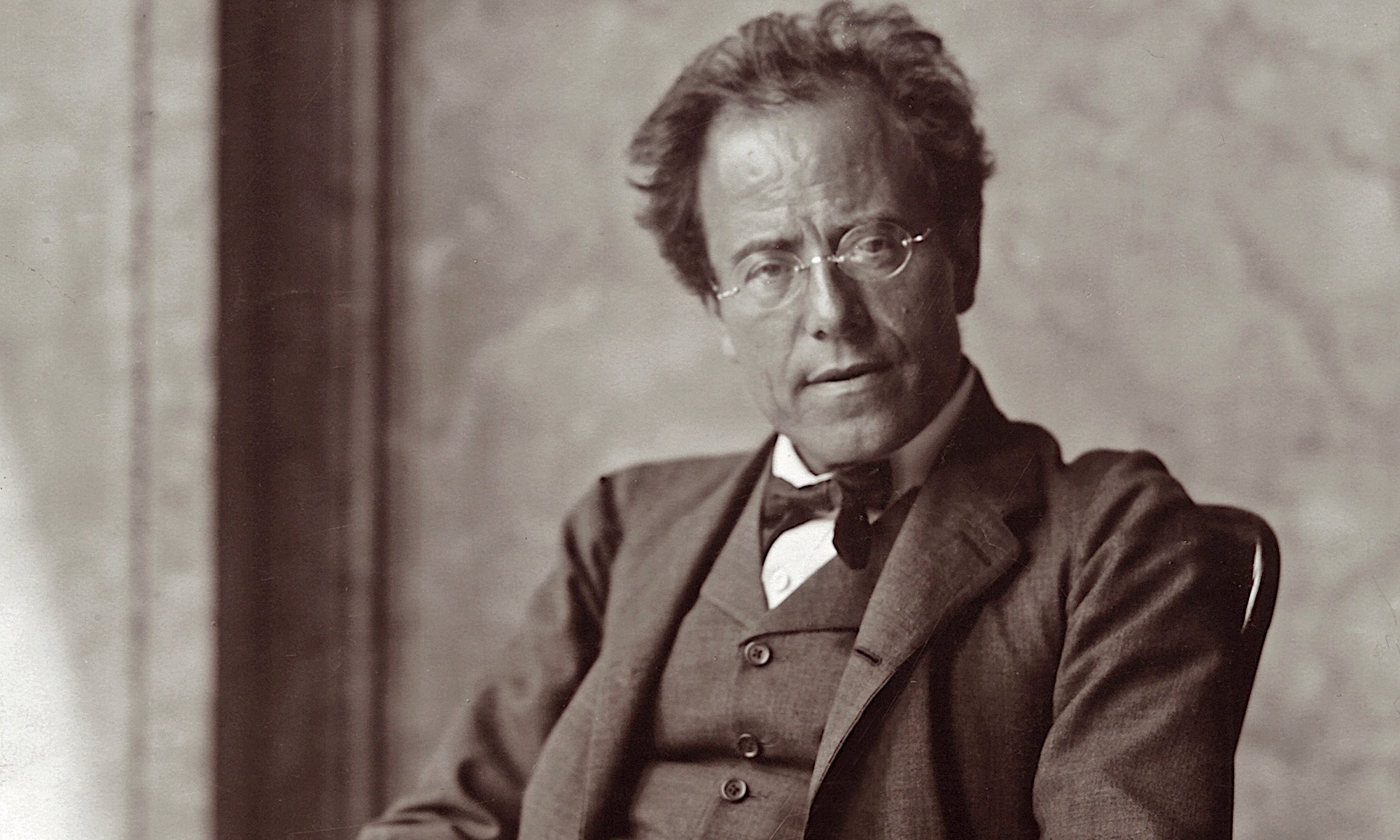No photo
- Profession: Budapest correspondent for Neue Freie Presse and later chief editor of the Pester Lloyd, journalist, lawyer, publicist and politician.
- Residences: Budapest
- Relation to Mahler: Friend
- Correspondence with Mahler:
- Born: 22-10-1850 (1851) Papa, Hungary
- Address: Nagy Korona Utca No. 18 (now: Herceprimas Utca), Budapest
- Died: 27-06-1913 Budapest, Hungary
- Buried: 00-00-0000
Also: Zsigmund Singer, Samuel Singer
- Gustav Mahler wrote Justine (Ernestine) Rose-Mahler (1868-1938) about his visited of a party at Singers home at the end of Year 1889.
- Also visited Singers home on 10-06-1890, Year 1890. Ludwig Karpath (1866-1936) present.
- Mahler and Sigmund Singer stayed in contact for many years.
Singer, who was of Jewish descent, became an employee of the “Neue Freie Presse” in Vienna after legal studies in Vienna and correspondent of the Budapest newspaper in 1876-1906. From 1906 he was editor-in-chief of the major Budapest newspaper “Pester Lloyd”. He was very active for the Hungarian journalists’ association. He was a politician of the old liberal, represented by István Tisza’s National Workers’ Party; from 1912 he was a member of the Hungarian House of Lords (Magnate House).
More
Singer Sigmund (Zsigmond) (originally Samuel), journalist and politician. Born Pápa (Hungary), October 22, 1850 (1851); died Budapest (Hungary), June 27, 1913; mos. – son of a merchant, brother of Siegfried S. (see below). S. stud. after attending secondary school in Pápa and Budapest 1869–74 law in Vienna and Strasbourg (Strasbourg), but did not finish his studies, but entered the editor of the moderately national “Deutsche Zeitung” in Vienna. At the end of 1873, S. changed to the “Neue Freie Presse”, where he initially worked as a courtroom rapporteur, later in the local department.
From autumn 1876 he was the correspondent of this breed in Budapest after an excellent essay. the death of Deák (s. d.) Close contacts to many important representatives of Hungarian public life and Berr. to the Hungarian economy and to individual branches of industry as well as a broad range of topics contributed to S.’s great journalist. Watch at. At the beginning of October 1906, he was succeeded by M. Falks (s. D.) with Leo Veigelsberg chief. the “Pester Lloyd”, after Veigelsberg’s death (1907) sole editor and chief. Under S.’s leadership, Bl. Took a significant upswing, not only due to technical graph.
Innovations such as downsizing of the format and more pleasing layout, but also through reorganization of sales, innovations in all editorial sectors and the acquisition of new, capable editors. In political terms, the Ztg. Continued the Falks line and was a firm pillar of the Hungarian liberals, the dualist. Principle and an opponent of Kossuth’s politics (see Kossuth v. Udvard and Kossut).
In 1912, S., who was also on the supervisory board of several important Hungarian companies (such as the publishing and book printing company “Athenäum”, the Kronstadt paper fabric factory AG, the first Hungarian company for chemical “Clotilde”, the Szegediner hemp spinning mill AG etc.) was represented in the Hungarian Magnate House. He was a co-initiator in the creation of a high school for working children and founded the widow’s pension fund and the health insurance of the Budapest Journalists’ Association.
His brother, Siegfried S. (born Budapest, July 24, 1860; died Paris, France, June 29, 1907), Mos., Went to techn. Studied in Vienna (1878-1882; 1880 1st state examination) and probably. Budapest as a chemist to Paris, where he u. a. Employee Nobels and most recently Dir. Of the Societé Centrale de Dynamite, which he u. a. by founding subsidiary companies. and cartels to a leading company in the field of explosives. designed.



